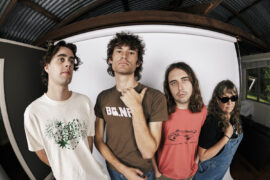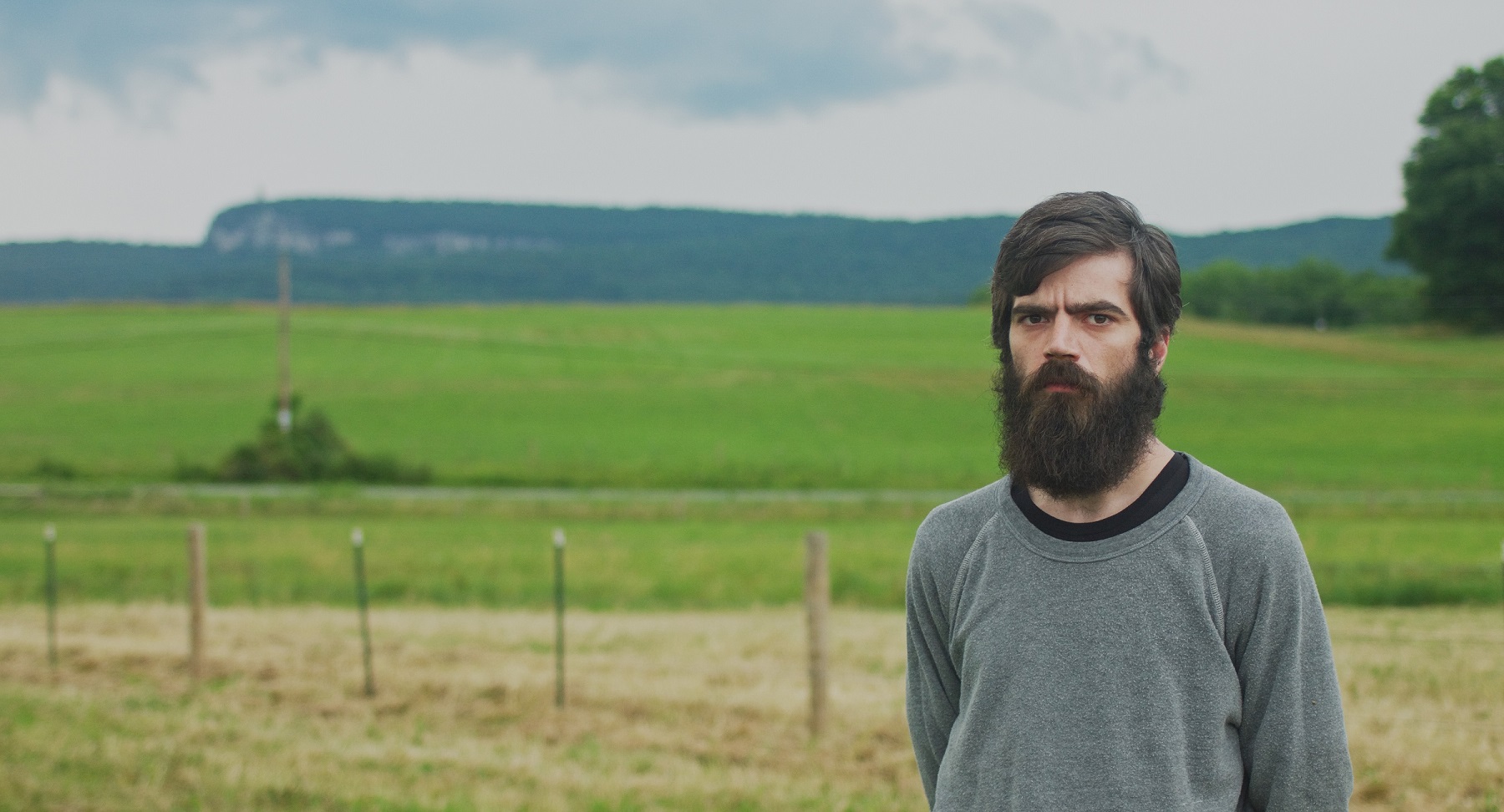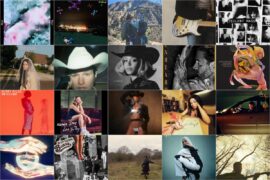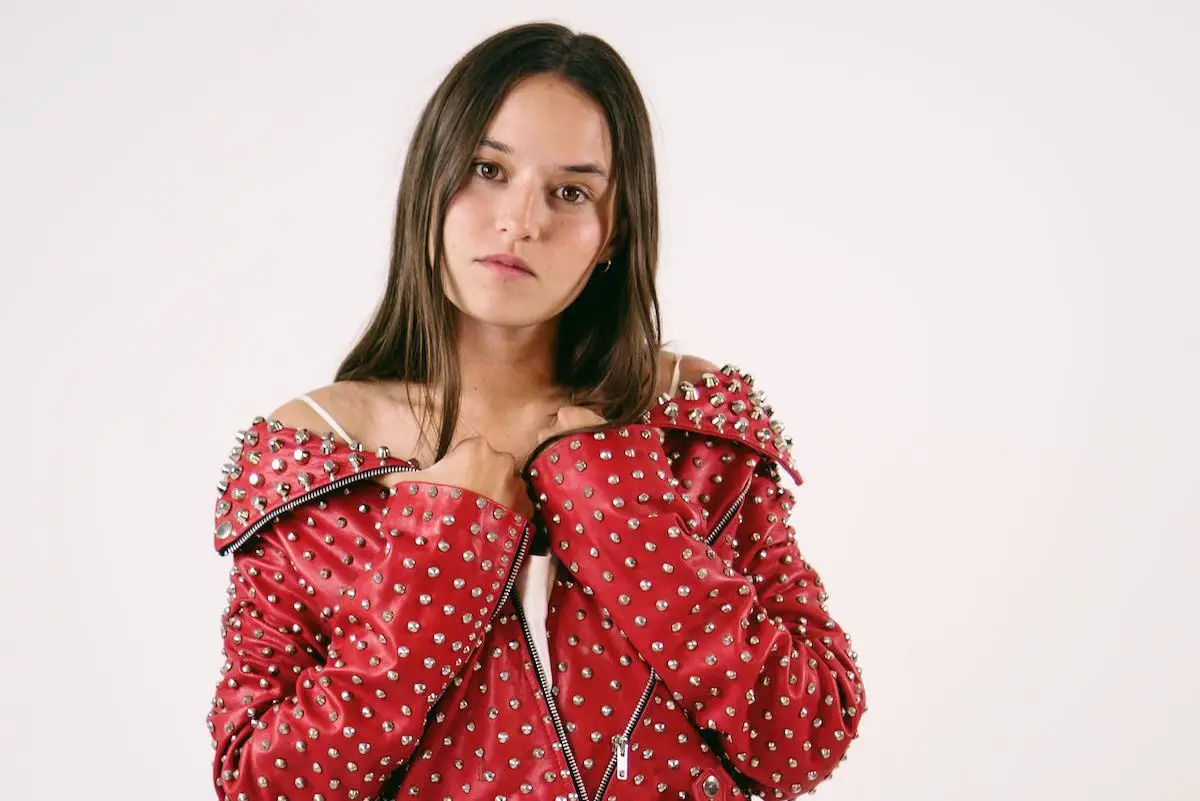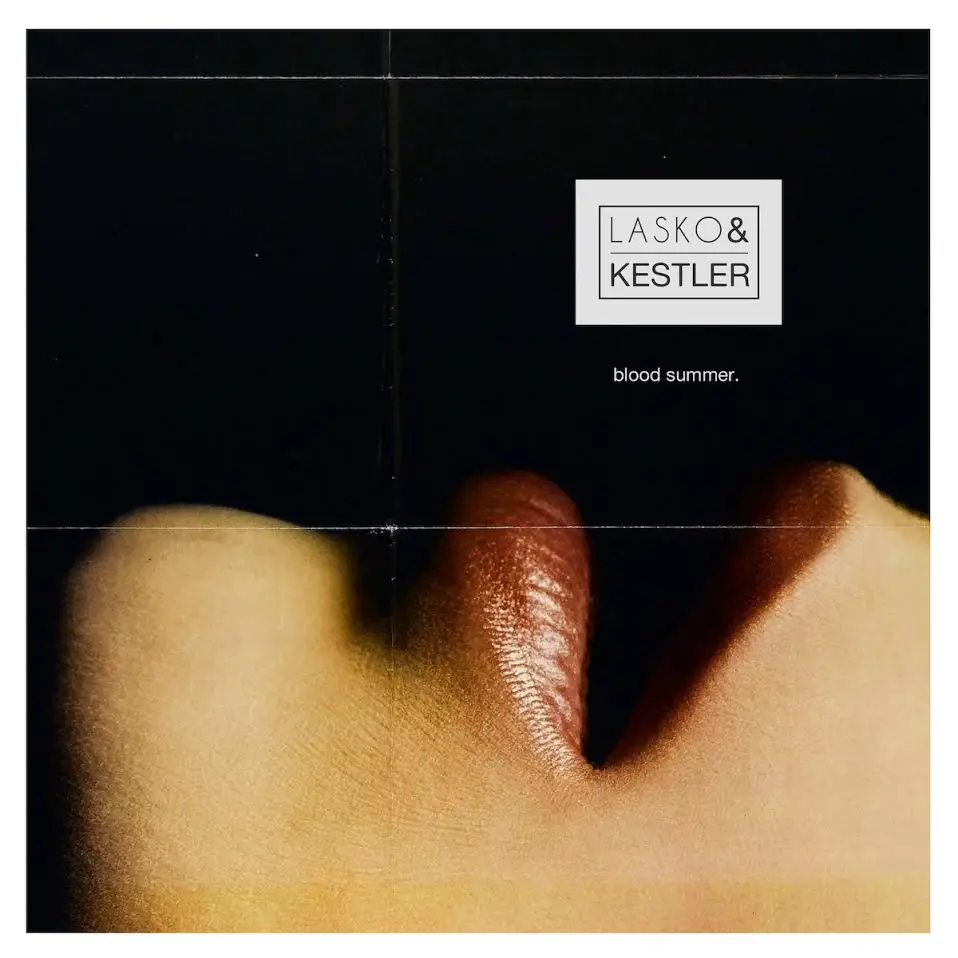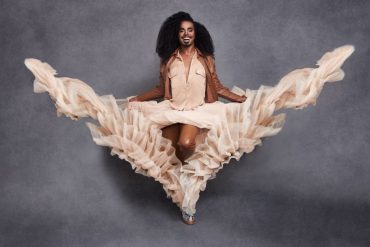In honor of Asian American and Pacific Islander Heritage Month, Atwood Magazine has invited artists to participate in a series of essays reflecting on identity, music, culture, inclusion, and more.
•• •• •• ••
Today, Christian Koo – AKA artist, songwriter, and producer Yueku – shares his essay, “Where Do I Look?” – a reflection on AAPI representation (and lack thereof) in the entertainment industry, and how that has impacted his musical journey and personal life, as a part of Atwood Magazine’s Asian American and Pacific Islander Heritage Month series!
From the Motor City suburbs to Music City, Tennessee, Yueku’s second album of infectious up-beat indie bops is full of his signature dazzling production, toe-tapping melodies, and even a twang of country flair. Whereas Christian Koo’s first solo record, 2021’s ‘Catch Me If You Can,’ was overflowing with intimate bedroom pop, this year’s new single “PARADISE” feels like stepping out of your bedroom to find a joyful house party full of all your best friends and crushes.
Aptly named “PARADISE” dials into that purity perfectly with an intoxicatingly distilled danceability. As the refrain goes, “All my tears disappear/ with you it’s just like paradise.” And it sounds like paradise too, full of lush layers and dreamy, summer-ready vocals that sound like a choir of angels. “It’s a simple love song for someone with some uncertainty about the afterlife, but the core message is that the time spent together here in the present is heaven enough for me.” Christian says.
“They taught me there’s a heaven with a blue sky… So tell me why your room feels like a close tie. There’s no angel that could live up to your voice.”
•• ••
“WHERE DO I LOOK?”

by Yueku
My name’s Christian Koo. I’m an Asian American making music under the moniker Yueku, a play off my middle name and my last name. My father is from Hong Kong, and my mother is from Bangkok, Thailand. My parents came to the U.S. to start a family, and that’s where I was born.
When I was growing up in school, I got on well with a lot of my classmates. I enjoyed a lot of my classes & formed lasting friendships. However, from the start it was hard not to notice that I had very few classmates that looked like I did. Straight hair, almond-shaped eyes, & tan skin were qualities I noticed about myself that I rarely saw in others at my school. As I got older, I experienced some racially-driven bullying from older students. Nothing violent or wildly abhorrent but comments that were definitely racially charged that made walking down the halls feel less secure than I’d like.
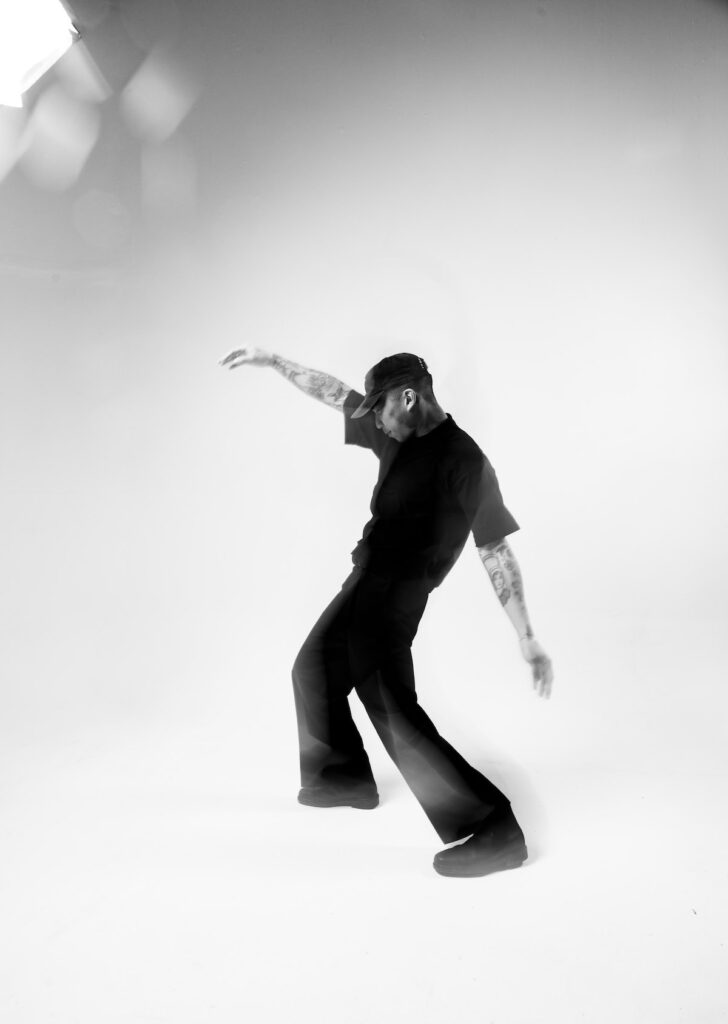
Jump to 2020 when Covid-19 was at its peak. I faced multiple racist encounters simply walking down the street, or at my workplace from customers. People would tell me I looked like Bruce Lee, or ask me to teach them karate, or ask if I’d accept American currency, or tell me to go back where I “came from.” It sucked.
All my life, I’ve had a lot of issues with how Asian people are portrayed in Western media, or not portrayed at all. I would say up until fairly recently, Hollywood has portrayed us as weak, nerdy, cheap, easy to pick on. Just generally disrespectful. People think they can get away with saying or doing awful things to us because we’ll look away or are unable to defend ourselves. Forget fiction for a second. Even when awful, violent crime is committed on an Asian person in the U.S., most of the time you have to do some digging to even hear about it.
Growing up & seeing how Asian people were portrayed in film & TV was troubling. As a child, I quickly gravitated to music because the Asian stereotypes weren’t as widespread in that space. But it wasn’t that things were better in the music industry. There simply weren’t that many famous Asian artists in the U.S. In a messed up way, the lack of representation actually meant there was less racism to encounter.
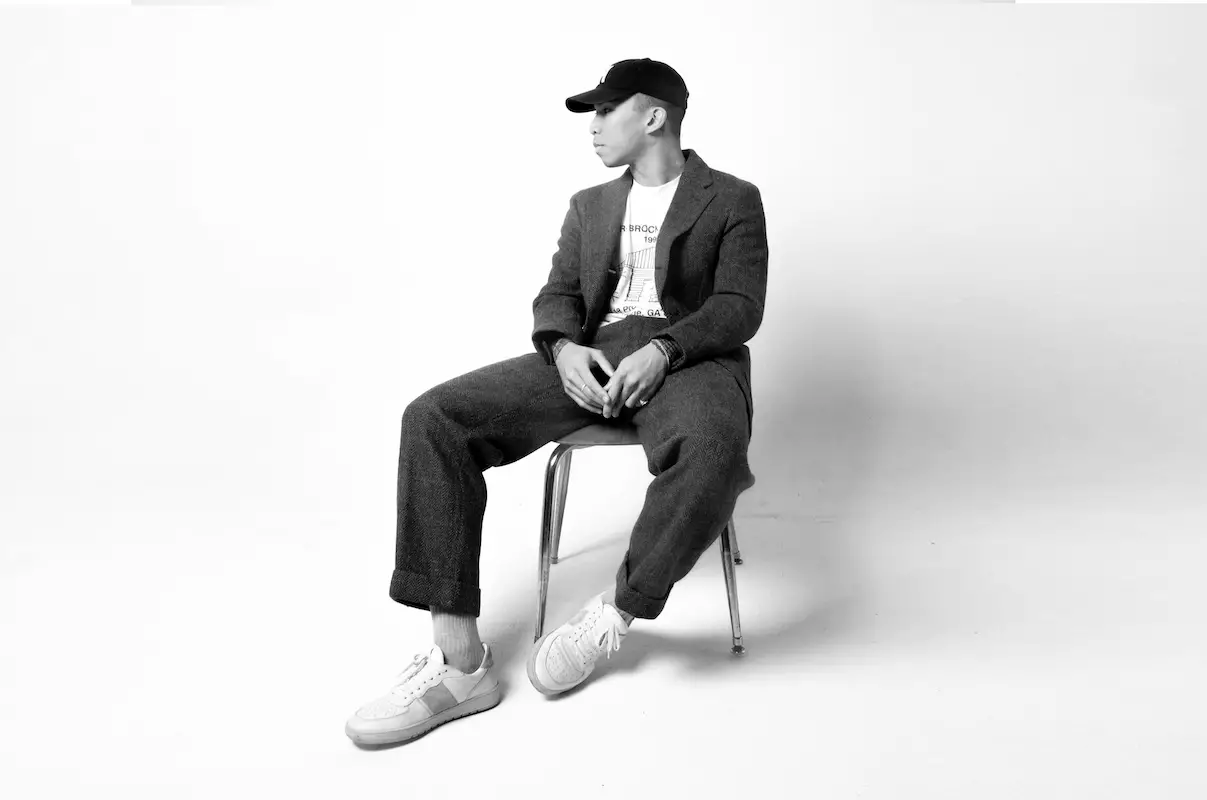
Everything is much more accessible nowadays and it’s much easier to find more and more artists who are Asian, or Asian American. Keshi, Beabadoobe, Speed, RUSSEL! and Elise Go are a few examples that I love. It’s cool to be able to list that many, whereas 10 to 15 years ago, I don’t think I’d have been able to. I wouldn’t say being Asian American fuels why I make music. It is forever a part of who I am and something that can never leave me. If I quit making music tomorrow, I would still be Asian American. What I will say is that making music as an Asian American has always felt important to me because representation is imperative, especially for younger audiences. It’s always been an adjacent goal of mine as a musician to challenge the stereotype that Western culture has portrayed for some time.
Growing up, I wish I had more artists that looked like me to look up to. If I can be that for someone out there, that’s huge. – Yueku
— —
:: connect with Yueku here ::
— — — —

Connect to Yueku on
Facebook, Twitter, TikTok, Instagram
Discover new music on Atwood Magazine
© Gina De Maio
:: Stream Yueku ::

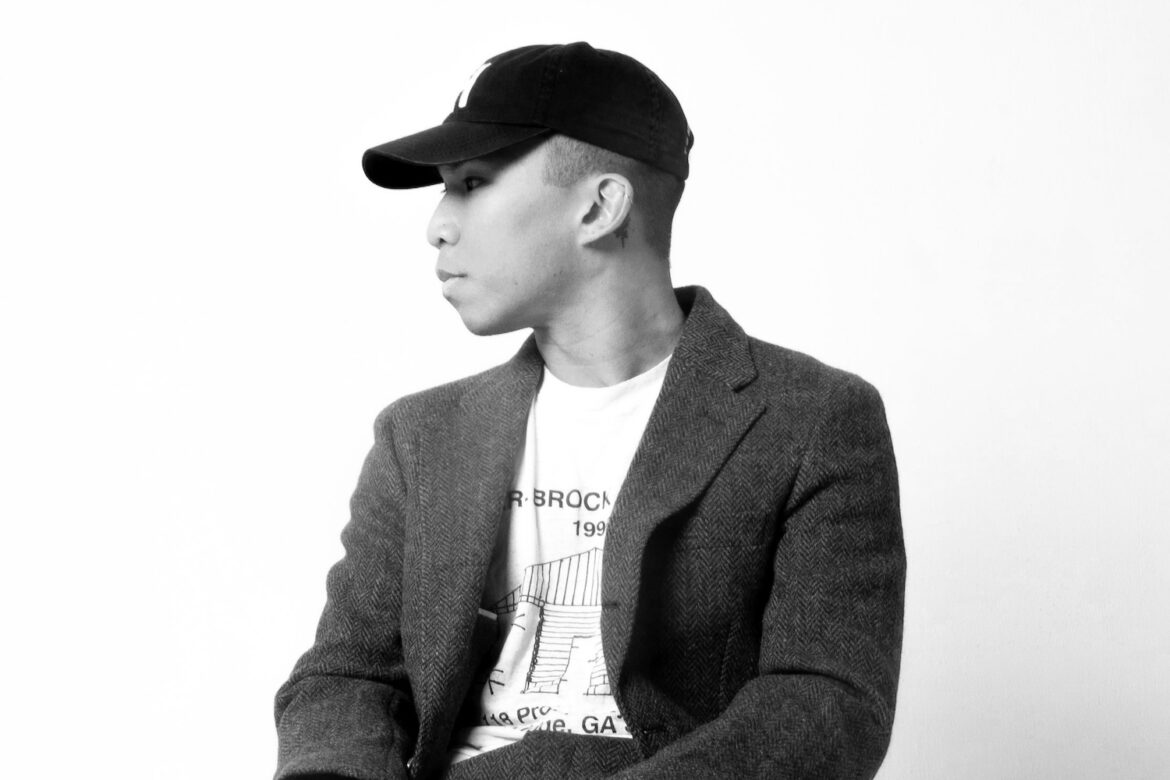
 © Gina De Maio
© Gina De Maio